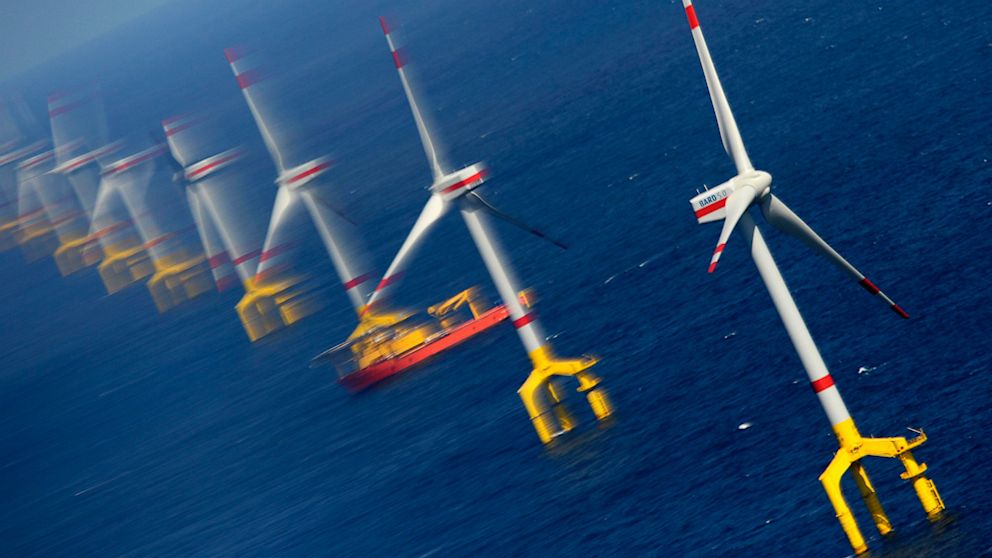How Electricity Became a Luxury Good
German government advisors are calling for a completely new start.

Sept. 7, 2013 — -- Germany's agressive and reckless expansion of wind and solar power has come with a hefty pricetag for consumers, and the costs often fall disproportionately on the poor. Government advisors are calling for a completely new start.
If you want to do something big, you have to start small. That's something German Environment Minister Peter Altmaier knows all too well. The politician, a member of the center-right Christian Democratic Union (CDU), has put together a manual of practical tips on how everyone can make small, everyday contributions to the shift away from nuclear power and toward green energy. The so-called Energiewende -- literally "energy turnaround" -- is Chancellor Angela Merkel's project of the century.
"Join in and start today," Altmaier writes in the introduction. He then turns to such everyday activities as baking and cooking. "Avoid preheating and utilize residual heat," Altmaier advises. TV viewers can also save a lot of electricity, albeit at the expense of picture quality. "For instance, you can reduce brightness and contrast," his booklet suggests.
Altmaier and others are on a mission to help people save money on their electricity bills, because they're about to receive some bad news. The government predicts that the renewable energy surcharge added to every consumer's electricity bill will increase from 5.3 cents today to between 6.2 and 6.5 cents per kilowatt hour -- a 20-percent price hike.
German consumers already pay the highest electricity prices in Europe. But because the government is failing to get the costs of its new energy policy under control, rising prices are already on the horizon. Electricity is becoming a luxury good in Germany, and one of the country's most important future-oriented projects is acutely at risk.
After the Fukushima nuclear accident in Japan two and a half years ago, Merkel quickly decided to begin phasing out nuclear power and lead the country into the age of wind and solar. But now many Germans are realizing the coalition government of Merkel's CDU and the pro-business Free Democrats (FDP) is unable to cope with this shift. Of course, this doesn't mean that the public has any more confidence in a potential alliance of the center-left Social Democrats (SPD) and the Greens. The political world is wedged between the green-energy lobby, masquerading as saviors of the world, and the established electric utilities, with their dire warnings of chaotic supply problems and job losses.
Even well-informed citizens can no longer keep track of all the additional costs being imposed on them. According to government sources, the surcharge to finance the power grids will increase by 0.2 to 0.4 cents per kilowatt hour next year. On top of that, consumers pay a host of taxes, surcharges and fees that would make any consumer's head spin.
Former Environment Minister Jürgen Tritten of the Green Party once claimed that switching Germany to renewable energy wasn't going to cost citizens more than one scoop of ice cream. Today his successor Altmaier admits consumers are paying enough to "eat everything on the ice cream menu."
Paying Big for Nothing




